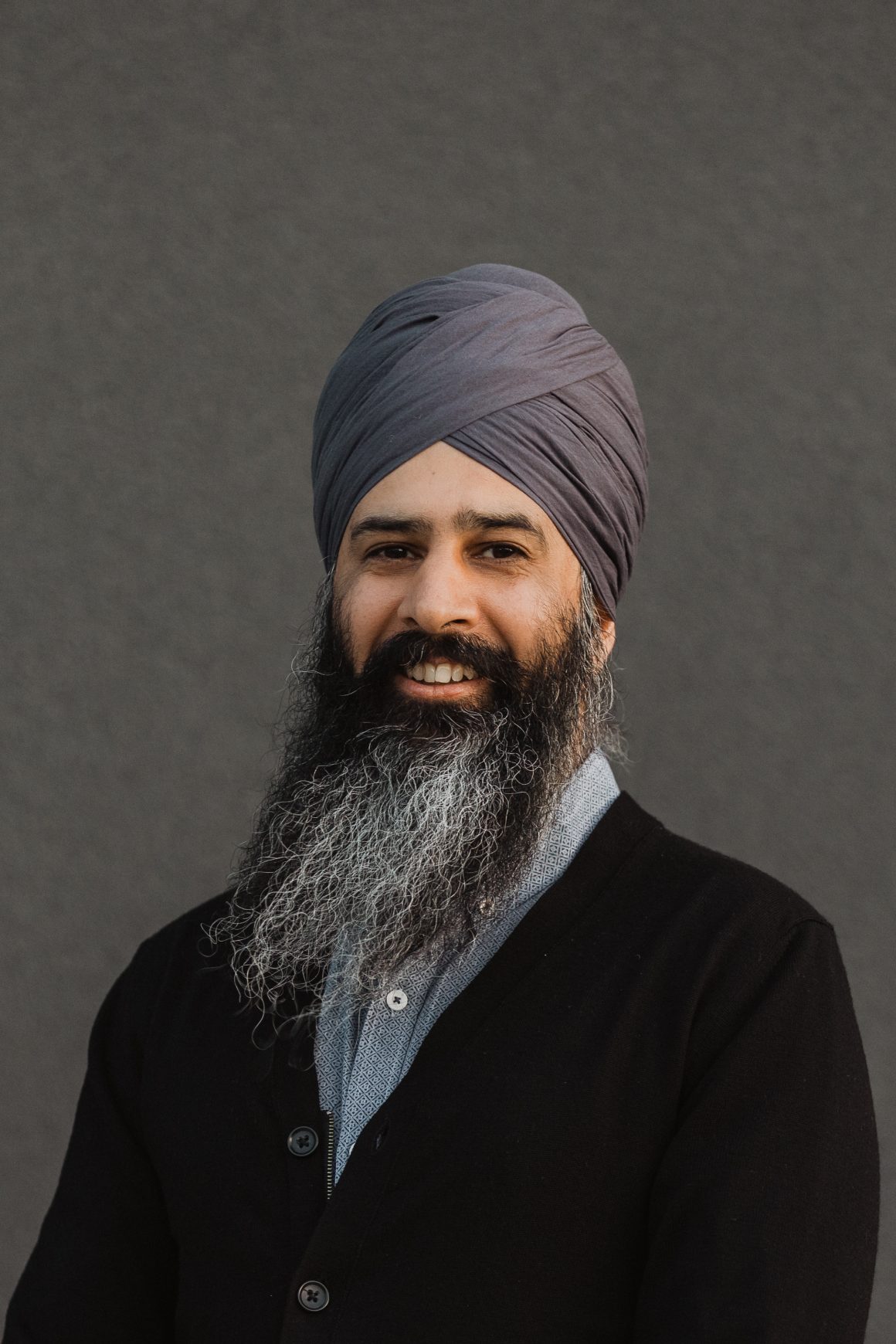
U of C launches new embedded certificate in Pluralism and Global Citizenship
By Cristina Paolozzi, September 20 2021—
This Fall 2021, the University of Calgary is launching a new embedded certificate program in Pluralism and Global Citizenship.
The program is open to all undergraduate students from any faculty and the first course needed in the program is called Pluralism 201.
Dr. Harjeet Grewal, a sessional instructor at the university in the department of Classics and Religion, is teaching this course. He spoke with the Gauntlet about the certificate and what students can expect from Pluralism 201.
Grewal is excited and glad that the university is offering this course for students. He said that this certificate is a great way for students to learn and speak about issues they are passionate about in a safe and inclusive space.
“I think this is a great opportunity for students to have a chance to discuss things that young people are passionate about as a learning framework [and] to have an open safe space for diversity of views,” he said. “And really, I think the University of Calgary has done a great thing by tracking this path and opening up the certificate.”
Grewal said that the goal of this certificate is to help hone useful skills into a more global perspective, making students more competitive in the employment market.
“The goal is allowing students, as they move into different and multiple career paths, to be able to use some of the skills that are going to be relevant through a global, pluralistic perspective,” he said.
The goal for Pluralism 201 is to give students a broader understanding of global citizenship and allow them to gain a deeper understanding of the kind of society Canada really is.
“The goal of 201 is really to have a bit of a mix,” he said. “The first is to have a conceptual understanding and basis of where pluralism is coming from, what’s important conceptually, holistic frameworks, and looking at the socio-political and cultural developments that lead to conversations around liberalism in multicultural, secular democratic societies like Canada.”
But what Grewal is most excited to share is that there is also a large applicability aspect to this course.
“The really exciting piece, I think, is the applicability aspect,” said Grewal. “Often, students feel like ‘Oh, these are very abstract, high-level irrelevant things.’ And I would say to students that we often don’t understand the importance of some of the abstract things until we’re into our careers and reflect back.”
Grewal also mentioned that a large part of the course is about learning to combine how to think logically with having empathy.
“If you can think empathically, learn to think about what the emotional basis is behind some of these perspectives, rather than simply thinking only through rational approaches,” he said. “The other part of the empathic approach is that if it makes no sense and you don’t understand then what can you bring in that you might be able to find a parallel?”
The need for an understanding of pluralism is shown these days by an ever-increasing interconnected world, best exemplified by the recent COVID-19 pandemic. Grewal said that this course is intended to bring forward those connections for students to really understand the significance of global events, and how they cannot be solved or managed by one country alone.
Grewal said that global issues like climate change, won’t change because the issue is too specific in a nation-state framework. He also said that there has simultaneously been a global trend for individual citizens to think with identities and formations.
“Those two things, in my opinion, are what drive the importance of pluralism,” he said. “Because it’s where those two parallel trajectories often are unable to meet.”
Grewal gave the example of reconciliation within Indigenous communities. There is no one location where, if the problem was solved locally, it would solve the issue for everyone. He said there is a global need for reconciliation that must be approached from a plural perspective.
“So that’s where I think pluralistic thinking and pluralism is important,” he said. “Pluralism is trying to find a way around these flashpoints. So that when you can’t agree, when you can’t find consensus, and there’s an immediate need to solve something, what do you do?”
Grewal said that the diversity of opinions alongside having conversations and dialogue, both have the ability to help us move forward, while also having “a constellation of diverse answers” that you can pivot as the need arises.
More information on the Pluralism and Global Citizenship embedded certificate can be found online. Pluralism 201 will be offered this fall and winter semesters. Registration for the course is now available.
